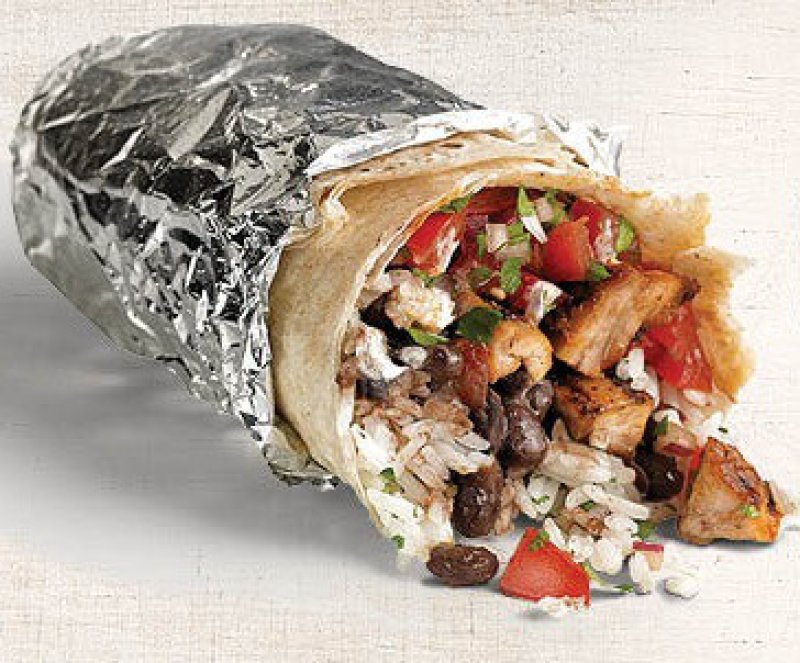The GLP aggregated and excerpted this blog/article to reflect the diversity of news, opinion and analysis.
Following its most recent E. coli outbreak, Chipotle shuttered 43 stores and tossed remaining ingredients into the trash, congratulating itself for its “abundance of caution.”
Chipotle’s “food with integrity” motto and much-touted cautionary approach has underscored such definitive moves as banning GMOs and supporting locally sourced produce.
Apparently Chipotle is confusing an abundance of caution with an abundance of marketing. The company’s focus on such buzzy items as local farms and non-GMOs distracts us from the more prosaic measures that a food chain needs to take in order to be consistently safe.
Following the E. coli debacle, Chipotle revealed what a few of these dull, necessary measures are such as “conducting environmental testing” and “full sanitation”. But as food safety lawyer Bill Marler, asked in a blog post: “Why were you not doing all these things before the E. coli outbreak?”
Craig Hedberg, a professor of environmental health sciences, says the Chipotle model might be less safe than the traditional fast food system which “tends to work with large scale suppliers that have resources of their own” to monitor for harmful pathogens. But “if you’re working with small, independent farmers, it requires a lot of effort to validate them.”
So, the heavily marketed measures that Chipotle wants consumers to interpret as evidence of the company’s attention to “caution” often have little to do with food safety—and may even run counter to it.
If Chipotle really thinks that it’s promoting public safety through its application of the precautionary principle to GMOs, which have safely been on the market for 20 years, then should it not apply the same logic to its own products?
Read full, original post: Is the Chipotle Narrative Coming to an End?































